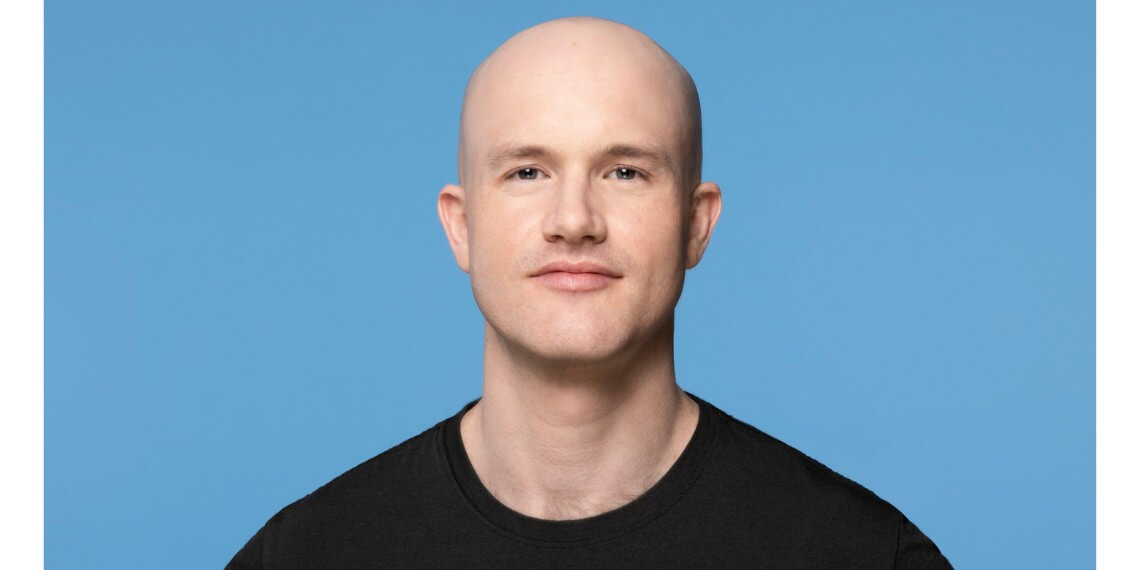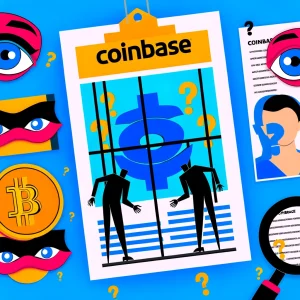Coinbase CEO Brian Armstrong has made a bold statement to the SEC, declaring that Coinbase’s staking services are not securities and that the company is willing to defend this in court if necessary.
This announcement comes amidst the growing adoption of the proof of stake protocol in the crypto world, leading to debates over the regulatory status of staking. The SEC recently sued Kraken over it, and the top exchange had to pay a $30 million fine.
Given the significance of this technology, getting regulation wrong could have serious consequences for the development of the crypto industry in the US.
Coinbase’s staking services are not securities. We will happily defend this in court if needed.
Brian Armstrong
Coinbase takes a stand
Coinbase offers staking services through its Coinbase Earn program, which allows users to stake certain assets for recurring payments from the blockchain.
The company also provides staking services through Coinbase Wallet and Coinbase Cloud, allowing developers to run their own validators or use Coinbase’s secure public validators for staking over 25 networks.
Brian Armstrong asserts that staking is not a security under the US Securities Act or the Howey test, which the SEC uses to determine if an investment contract is a security.
According to Armstrong, staking fails to meet the four elements of the Howey test: investment of money, common enterprise, reasonable expectation of profits, and efforts of others.
The argument
First, staking is not an investment of money, even if the definition is expanded to include “specific consideration.” When a customer asks Coinbase to stake their crypto, they are not giving up one thing to receive another – they still own the same amount of crypto they did before.
Staking customers retain full ownership of their assets at all times and have the right to unstake them in accordance with the underlying protocol.
Second, staking does not meet the “common enterprise” requirement of Howey, as assets are staked on decentralized networks. Stakers are connected only by blockchain technology and validate transactions through a community of users, not a common enterprise.
The fortunes of Coinbase customers are not tied to Coinbase’s as staking rewards are determined by the protocol, not by the company.
Third, staking does not have a reasonable expectation of profits. Courts determine whether a customer is attracted to an asset based on the prospects of a return on investment or the desire to use or consume the item.
Staking rewards are payments for validation services provided to the blockchain, not a return on investment. They are set by the blockchain protocol and are the same whether the customer stakes on their own or through an intermediary like Coinbase.
The only difference is that a user who stakes on their own may need to invest in a dedicated computer and pay for maintenance, while a customer who stakes through the exchange pays a fee for those services.
Finally, staking rewards are not paid based on the “efforts of others.” Service providers’ staking services are not entrepreneurial, managerial, or a significant factor in the customer’s receipt of staking rewards or the amount of rewards received.
The relevant blockchain protocol governs which validator nodes receive rewards and the quantity of rewards paid for each token staked.





